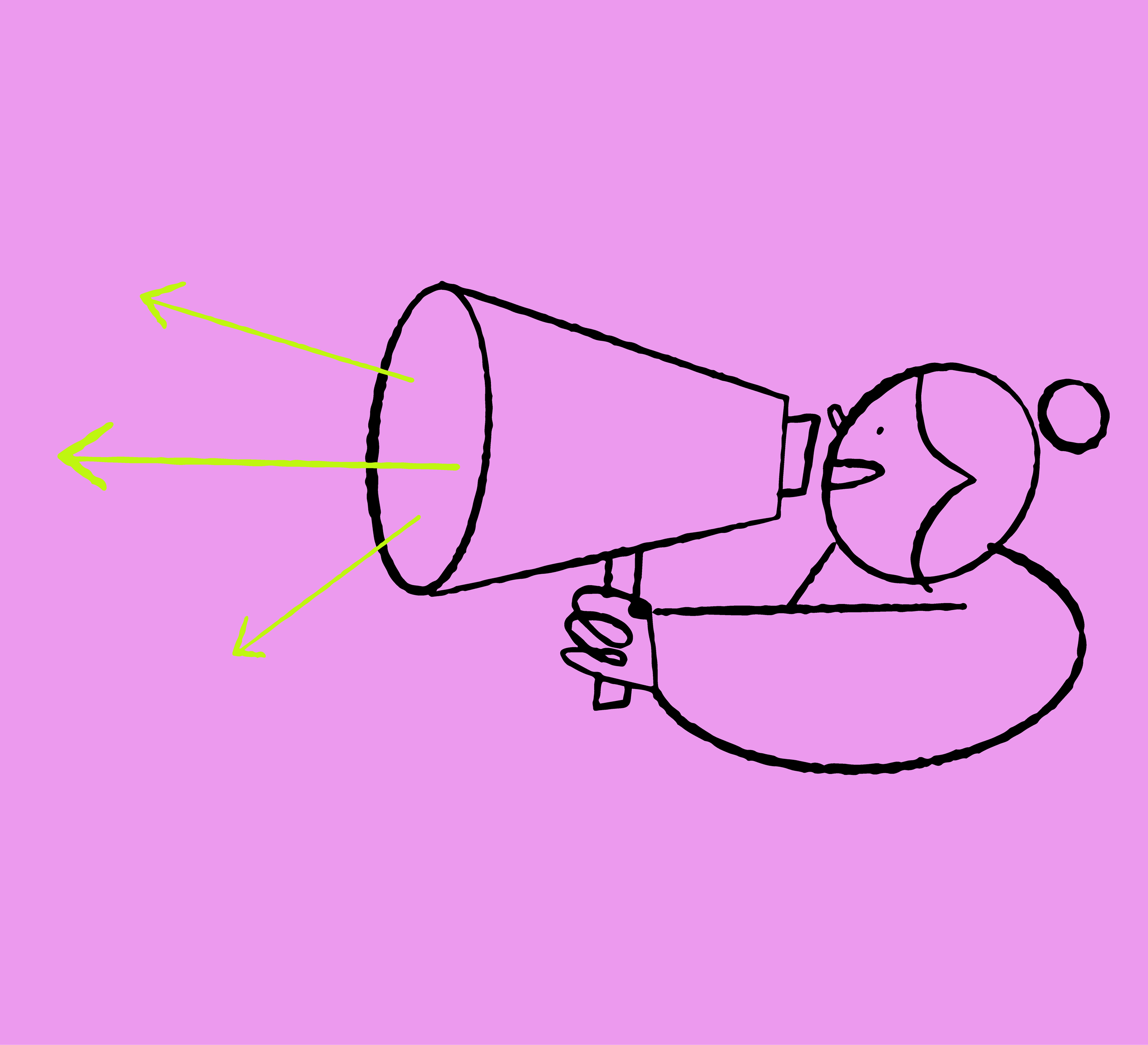Led by the Dartington Service Design Lab’s Lambeth-based community research team, eco-mapping was used to explore how (and if) systems of social support (like LEAP) influenced families within the nuance of their local social, economic, and cultural contexts. We wanted to share the learning to help others looking to transform their services and community offers to better help families and children.
Read MoreAs part of our commitment to sustainable and participatory approaches to evidence, we wanted to promote the learning from the work co-designed by our three Community Researchers living and working in Lambeth, working with us to evaluate the Lambeth Early Action Partnership (LEAP) systems change project. Using this method helps unpick complex, place-based systemic problems and can support tailoring services to better serve communities. We are sharing these insights to support others in the research and evaluation community who are thinking about or already undertaking community-led research, particularly in the early years sector.
Read MoreAI is all around us, from text prediction in WhatsApp to generating all kinds of things via ChatGPT and other such tools. It's certainly not going away and is playing a significant role in not just our lives but the lives of children and families. So, what does this mean for AI in the youth sector? And what could it do for your work and organisation? Dartington Service Design Lab has been at the forefront of progressive applications of research for over fifty years, and we’re intrigued by the advances in artificial intelligence (AI), which is already changing the way we develop, deliver and evaluate services for children, young people and families – bringing a wealth of opportunities and challenges to navigate.
Read MoreAs we began the year, we set out our strategic priorities, with a core focus on the early years, mental health and safety for children, young people and families. Our work is increasingly concerned with systems change; working with partners to challenge and disrupt the conditions, structures and power that uphold inequalities in outcomes and experiences for children and young people.
Read MoreThis year we’re doubling down to catalyse systemic change and tackle inequalities in three main areas. One key strategic priority that we are committed to focusing on is to promote children’s and young people’s health and wellbeing, using our collective knowledge, skills, and resources to navigate and better understand the role of local partnerships in making the prevention of poor health outcomes a reality.
Read MoreIn 2023, we launched the start of an incredible partnership with leading children and young people’s cancer charities Young Lives vs Cancer, Children’s Cancer and Leukaemia Group, the Ellen MacArthur Cancer Trust and Teenage Cancer Trust, to apply an Integrated Approach to research and systems change with children and young people with cancer experience.
Read MoreIn 2024, you’ll hear less about the ‘how’ and a lot more about the ‘why’. As a team, we’ll be steadfast and focused on tackling inequalities in the outcomes and experiences of children and young people and doing so via equitable approaches to advancing systemic change.
Read MoreFrom training packs for teachers on how to respond to disclosures of abusive relationships, to resources for young people on how to recognise the signs of coercive control, there’s something for everyone to feel better educated on both topics and empowered to take action so that young people and families have their needs met. We’ll be celebrating and sharing the exciting work these young changemakers have been designing – in person – at the #ChangeUp Exhibition in Paisley. This exhibition, open to everyone in Renfrewshire and beyond, is packed with the innovations designed by and for young people and system leaders, to inspire all of us to educate, empower and equalise systems to tackle coercive control and take early action on mental wellbeing.
Read MoreNature is an important and well-evidenced mechanism for supporting mental health for both children and for adults (WHO, 2014). We’ve explored this in our work on potential interventions for enhancing the mental health and wellbeing of children and young adults in the Midlothian area of Scotland.
Read MoreAfter almost a year of directly engaging with young people from various care settings, we identified the communication needs of individuals and the system-wide needs of practitioners and carers responsible for delivering care within the council. We found that it was important to support ‘meaningful communications’ between young people, practitioners, parents, and caregivers, which formed the basis of the design stages of our work.
Read MoreWe’re ready to generate and synthesise the knowledge that delivery organisations and commissioners need during the COVID-19 crisis. We want to hear from statutory and voluntary sector service providers and commissioners about their most important and pressing needs are. We also want to hear about what sorts of support would be most valuable in applying this evidence. Fill in our five-minute survey now.
Read More




